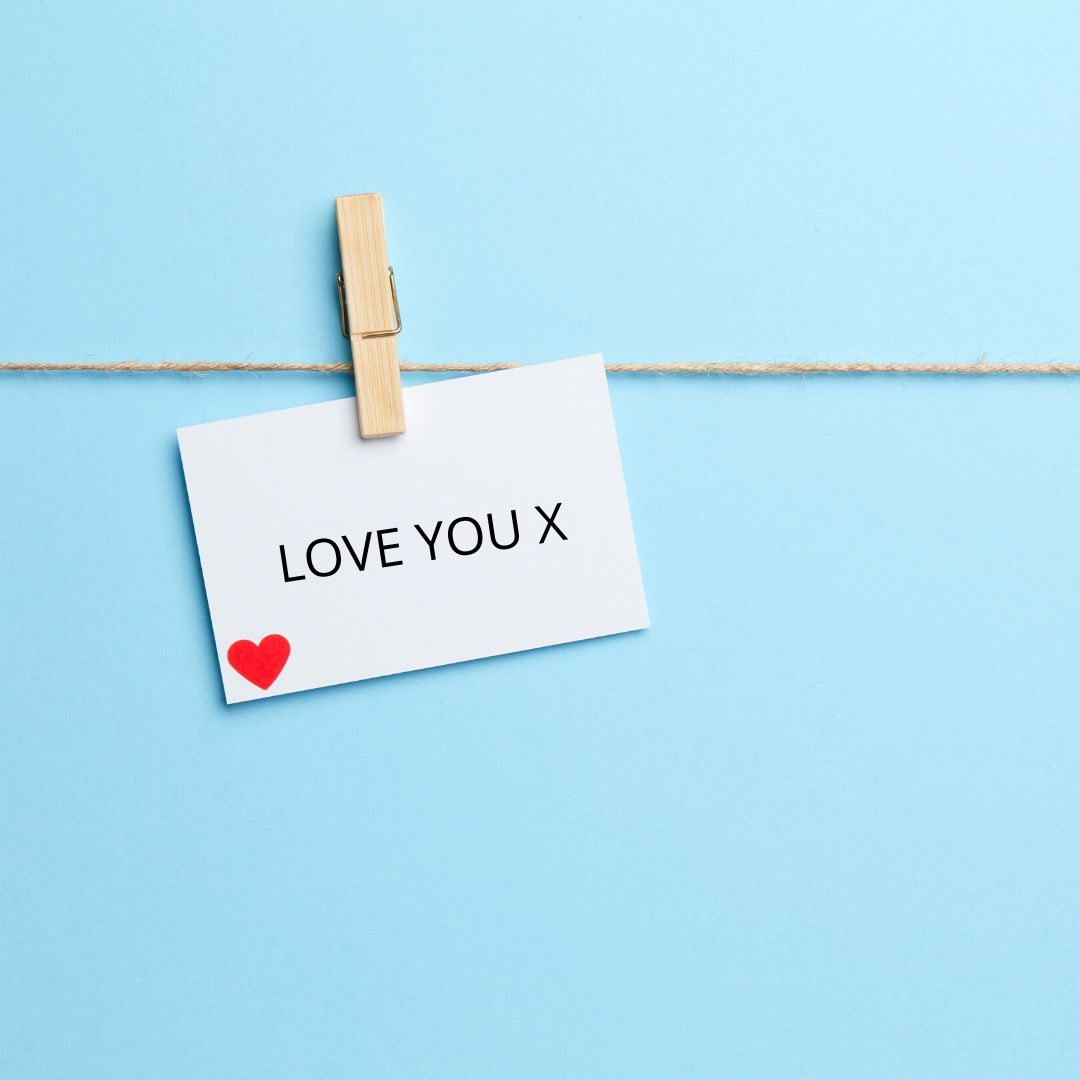
When it comes to relationships, we all have our checklist (whether we like to admit it or not!) Whether it’s someone to laugh us into bed, with an accent that’ll make us swoon, or a sharp style that will knock us off our feet (or send us head over wheels), every one of us is on the lookout for a particular something that floats our boat. But, what about after we’ve got into said relationship? Don’t we still have preferences, needs, and even a particular way to communicate that might be different from someone else’s ‘checklist’? Absolutely we do! If you’re interested in finding out more about love languages, and even working out what yours are, keep reading!
The 5 Love Languages
There are five Love Languages, or ways that we communicate our love and commitment within relationships, and like our partners to communicate the same to us:
- Words of Affirmation – communicating our love verbally. This might be by saying ‘I love you’, or telling our partner they look great in that outfit, for example.
- Acts of Service – When actions speak louder than words, whether that means cooking a delicious meal for your love, or booking a trip to their favourite European city.
- Receiving Gifts – Simple really – some people just love to be spoilt with a thoughtful pressie!
- Quality Time – Giving your partner love and attention in a way that’s special to the two of you.
- Physical Touch – A kiss and a cuddle, or something more. For some people, nothing is more important than physical affection.
These Love Languages make a lot of sense and, in reading them, it’s probably quite obvious to you which of the Love Languages relate to you the most (it’s not unusual to have two main Love Languages that really ‘speak’ to you). So when we have that knowledge, what do we do with it?
Remember: our Love Languages are rarely the same.
If you’ve discovered your Love Language, ask your partner to do a bit of research and find out what theirs is. Your Love Language relates to how you feel best loved, and what your partner can do to best show you that they care. So, it’s important that you’re also aware of your significant other’s Love Language(s) so that you can return the favour in a way that will really mean something to them. What does your partner most ask of you? For a cleaner home? More quality time together? More affection? If they are asking for something in particular, you’re probably not catering to a certain Love Language of theirs, so discuss it and be creative with how you show your love next time!
Wishing you the best of luck on your Love Language journey: may it help you to better understand your partner (as well as your own needs and desires!) and lead to a relationship that’s all the more wonderful for it!
Follow us on Instagram @UndressingDisability and on twitter @ETUKUndressing. Learn more about sex and disability by purchasing our ‘Undressing Disability’ ebook priced at £5.99 All proceeds go to support our charity.
